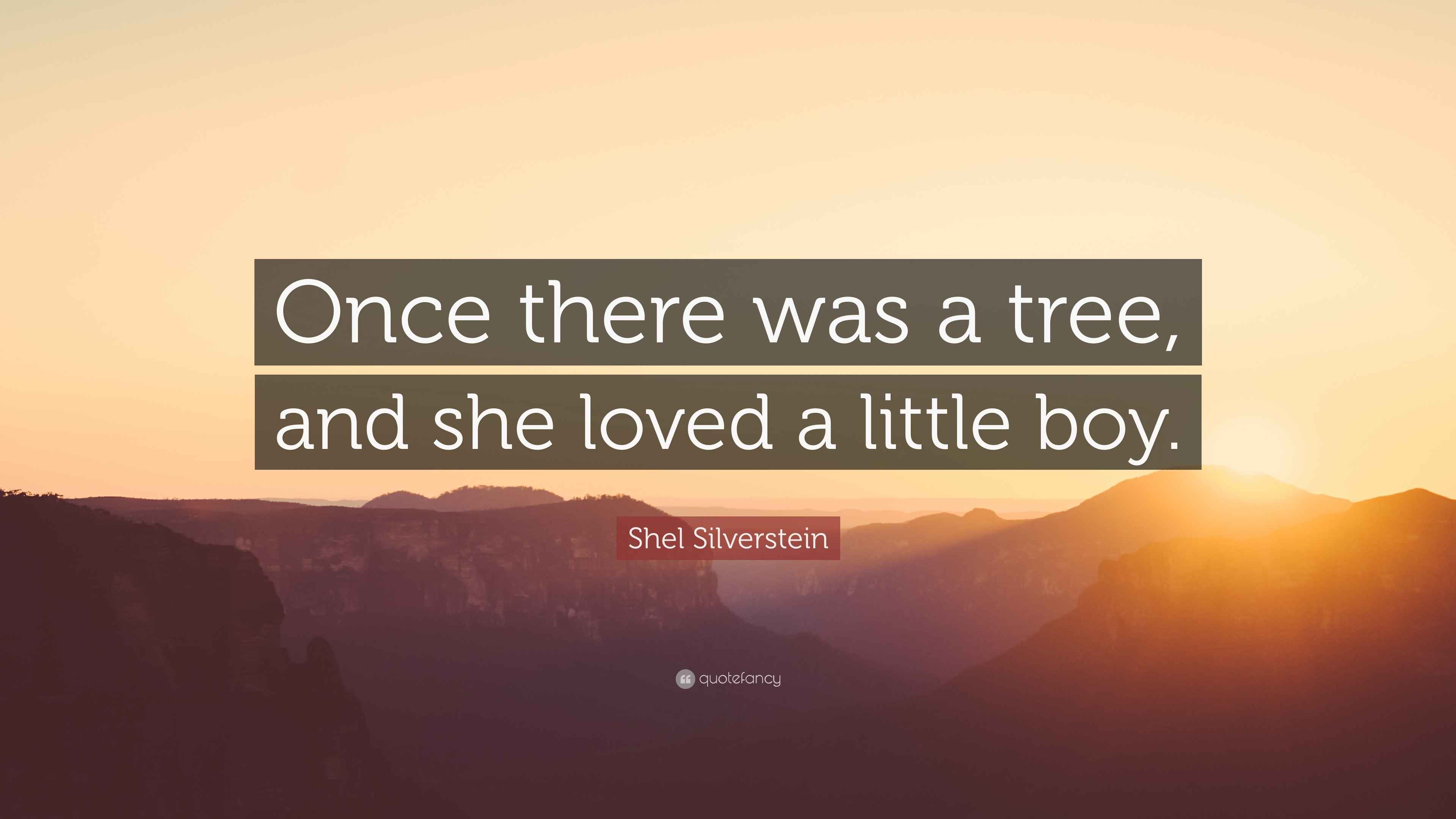
It was in truthĬolours and words that are unknown to man I left the spot,Īnd seemed with difficult steps to force her wayĪgainst the blowing wind. The bones were gone, the iron and the wood I led my horse, and stumbling on, at lengthĪ man, the murderer of his wife, was hung We had not travelled long ere some mischanceĭisjoined me from my comrade, and, through fearĭismounting, down the rough and stony moor I mounted, and we rode towards the hills. While I was yet an urchin, one who scarceĬould hold a bridle, with ambitious hopes We might say that the real, if not very helpful, answer to the enquiring detective, asking who might be the victim and who the culprit - is Wordsworth himself. That emphasis on the mind explains why the drowned man episode - like the other spots of time - is not merely about, but contained by, an act of perception. Wordsworth wants it here and now, mediated through the human mind, rather than through an afterlife.


If indeed this is redemption, it is pagan. Death does not result in nothingness it triggers an imaginative response in the living, anxious to affirm the survival of those who are gone. Why? Because redemption is integral to Wordsworth's vision. The energies once contained in the drowned man have passed into the landscape into which he has mysteriously disappeared. Which is why the episode takes place beyond time, in an Esthwaite that exists more intensely and vividly in the imagination than its real-life counterpart ever could. Matters of fact have been filtered out so as to highlight the spirit of the event, infinitely susceptible to the abstracting powers of the poet's mind. The reason why such particulars, so important to the harmless drudge, are nonetheless so insignificant to Wordsworth (he himself miscalculates his age at the time, telling us that he was seven when in fact he was nine), is that the entire episode is re-enacted not in realistic terms, but in the heightened world of his adult imagination. His fate has been to suffer translation into an object he is the inhabitant not of the vale of Esthwaite, but of the underworld into which Wordsworth's mother had passed years before.Īll of which may be said to have taken place in May 1779. His face is 'ghastly', and therefore drained of colour amidst the 'trees and hills and water' it is also, by a shift of vowel, 'ghostly'. 'Bolt upright', he may mimic the hungry generations of which he was once part, but he is also horribly reminiscent of the hooks and poles that have fetched him from the deep. It is shocking not because it is sensational, but because, in spite of his apparent vitality, he has been so ruthlessly stripped of life and humanity. What counts is the manner of the man's appearance, 'bolt upright', as if, despite being dead, he were coarsely parodying the ways of the living. The discovery itself is treated with the same contempt meted out to the mechanicals responsible for it, dispatched in two and a half lines. If the recollected landscape manages to admit Wordsworth to the underworld, it does so through the stillness that characterizes the no man's land on the borders of life and death - a state that describes not so much the landscape but the mood of the young boy as recollected by the mature poet. That resonance might lead us to wonder whether the infant's mother - effectively that of the poet - is somehow present in the Esthwaite landscape, perhaps in the underworld beneath the water's surface or perhaps the 'calm lake', as it darkens, brings the watching boy closer to her, affirming the primal bond forged when he was an infant. One possible answer lies in the observation that it anticipates the infant babe in Part II of the poem, who 'sleeps / Upon his mother's breast' ( Two-Part Prelude ii 270-1). The use of the word 'breast' in describing the lake may prompt us to ask why the water should be so humanized. All the while we know, as well as the poet, that he is no longer human. That 'ghastly face' distinguishes him from the living, while affirming his likeness to us. It may be that the drowned man of Esthwaite never exists as a 'living being' - at least within the poem - but it is hard to avoid the feeling that he resurfaces as something other than what once he was. Of trees and hills and water, bolt upright Sounded with iron hooks and with long poles.Īt length the dead man, mid that beauteous scene Grew dark with all the shadows on its breast,Īnd now and then a leaping fish disturbed Half an hour I watchedĪnd no one owned them meanwhile the calm lake Twilight was coming on, yet through the gloomīeneath a tree and close by the lake side, Make green peninsulas on Esthwaite's lake. One of those open fields which, shaped like ears,

To my half-infant mind - I chanced to cross When I was first transplanted to thy vale,īeloved Hawkshead when thy paths, thy shores Eight summers - and 'twas in the very week


 0 kommentar(er)
0 kommentar(er)
